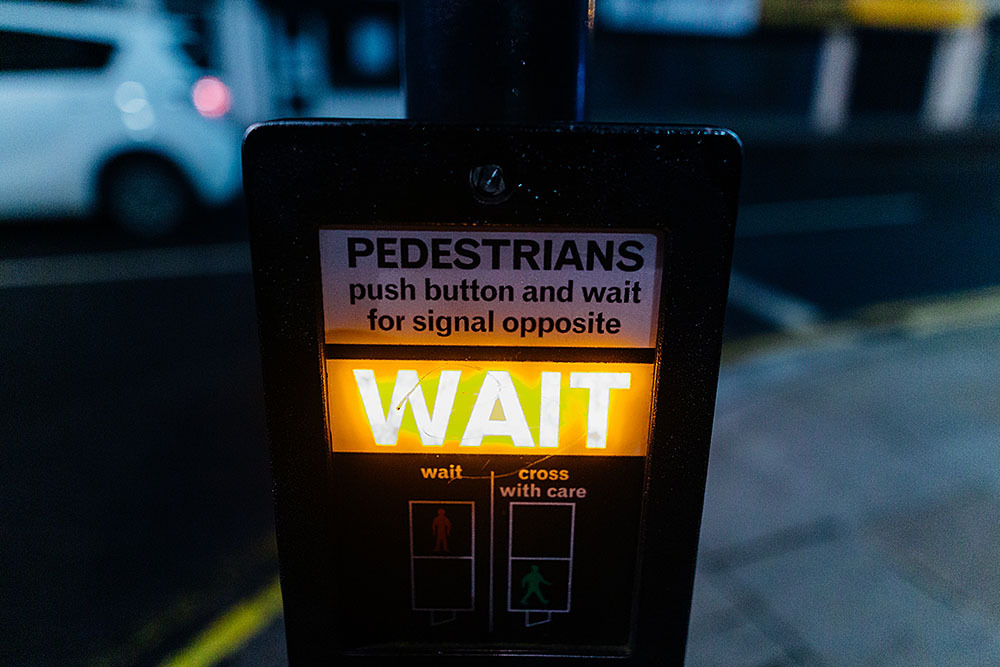I think it is safe to say that the year 2020 has changed the world as we know it in a number of ways. Many people, myself included, are desperate for some semblance of the normalcy we were used to. While I completely understand these feelings, we all have to accept that important things are happening in 2020.
One important change is the momentum and support of the Black Lives Matter movement. This movement is affecting all areas of life and has caused at least one positive change in the publishing industry specifically—the support of Black authors, bookstores, and stories. With this abundance of support, there has also been some backlash on social media unfairly placed on Black-owned independent bookstores due to lack of stock and late shipping times. It’s vital to understand that the problem doesn’t start at these bookstores, but at the chain of supply that is being affected by the COVID-19 pandemic.
There are a few things we have to realize, and first is that the book you ordered from a small, independent, Black-owned bookstore is most likely the same book countless others also ordered. As a smaller, indie bookstore they are doing their best to get these books to you, but the supply just isn’t coming in at the rate they need. It is unfair to assume that the fault lies with Black-owned bookstores rather than outside factors that are hindering their operation.
The main factor here is the supply chain, as they also faced hits from the COVID-19 pandemic. The supply chain plays a huge part in getting books to bookstores and then, eventually, the hands of customers. This is the real issue, as “[i]ndependents are generally supplied by the wholesalers because of their small orders, meaning they now have only existing stock” to ship out. Another article points out that they are dealing with loss of employees, remote work, and safety and health checks to name a few obstacles in their way. These issues directly affect the distribution of books as they are forced to slow down production and reexamine processes. With slower distribution rates and lower stock, Black-owned bookstores are reaching a standstill as “[t]he concentration of interest among just a few titles can create long wait times, with some books on backorder for weeks.” These independent bookstores are nowhere near the calibre of their competitors such as Amazon and Barnes & Noble, so some patience and understanding is required. Just keep in mind that this is bigger than just supporting your local bookstore; it’s a big step in changing the world for the better.
COVID-19 has clearly played a large part in slowing down the supply chain for everyone. It is simply a part of living during a pandemic that requires a bit more sympathy and understanding while these independent booksellers work tirelessly to get the books we all love into the hands of those who ordered them. While many are used to free two-day shipping, that is simply not a sustainable way of life. Now is not the time to point fingers and blame anyone for why the world has changed this way. Instead, we should focus on coming together.
It is important to remember why we should support Black-owned bookstores and why everyone has ordered the same titles in the first place. Black-owned bookstores are not falling short, but rather they are operating as best they can in dire circumstances. I applaud the resilience and strength it takes for these bookstores to operate during a pandemic and prioritize the people supporting them. We can all use a little more patience and understanding rather than trying to find who is in the wrong.
So while you wait for your copy of Ibram X. Kendi’s How to Be an Antiracist, consider other titles that portray authentic Black stories and keep on supporting, educating, and growing. Also, if you have the time, maybe send out a supportive tweet to your local bookstore and let them know they’re doing a great job.

